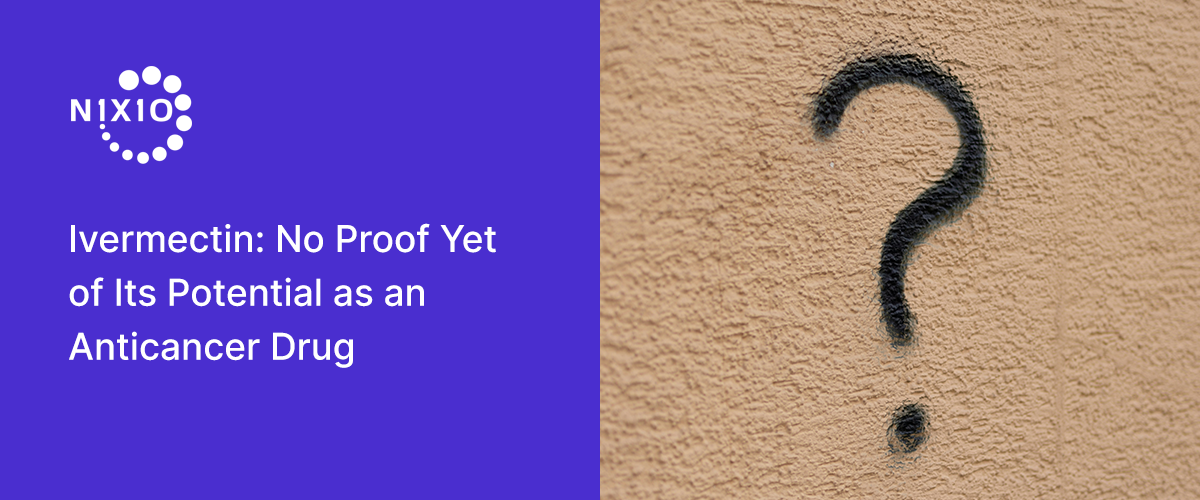April 2025 | George M. Pikler, M.D., Ph.D., FACP, Lead Oncology Advocate N1X10
Ivermectin(IVM) is a macrolide antiparasitic drug which was approved by the FDA for use in humans in 1978. It has a good effect on the treatment of parasitic diseases such as river blindness, elephantiasis, and scabies. It has also shown beneficial effects against other parasitic diseases, such as malaria, trypanosomiasis, schistosomiasis, trichinosis and leishmaniasis. Satoshi ōmura and William C. Campbell won the 2015 Nobel Prize in Physiology or Medicine for the discovery of the excellent efficacy of ivermectin against parasitic diseases.
Claims on US social media that IVM can treat COVID-19 and cancer are rife, despite a lack of evidence that it can do either. Exaggerated and inaccurate comments about the drug’s purported health benefits have intensified online lately. The drug seems to have no benefit when it comes to treating Covid. Large clinical trials have shown that IVM did not help patients recover from an infection faster than a placebo, nor did it reduce the risk of hospitalization.
It has been reported that IVM could reverse tumor multidrug resistance and inhibit the proliferation of several tumor cells by regulating multiple signaling pathways. Despite the large number of related studies, there are still some key issues that have not been resolved: the specific mechanism of IVM-mediated cytotoxicity in tumor cells is unclear and IVM seems to induce mixed cell death in tumor cells, which is also a controversial issue. To date, no exact target for IVM action has been found.
Studies in human cells suggest that the drug may kill certain types of cancer cells in a way that triggers the immune system, said Dr. Peter P. Lee, chair of the department of immuno-oncology at Beckman Research Institute of City of Hope in Duarte, California. In mouse studies, Dr. Lee has seen that the drug, on its own, does not shrink breast tumors. But it’s possible that the drug may have benefits for breast cancer when used alongside existing cancer immunotherapy, he said. I found only one such clinical trial. (1)
Further research will be required to demonstrate the potential of IVM as an anticancer drug. Unfortunately, as misinformation spreads, physicians are concerned that cancer patients might forgo conventional treatment in favor of the unproven alternative, or attempt to combine the two, which could have dangerous consequences.
(1) NCT05318469 is an active but not yet recruiting phase II trial at Cedars-Sinai in Los Angeles, CA, that will study the side effects and best dose of IVM in combination with balstilimab or pembrolizumab and to see how well they work in shrinking tumors in patients with metastatic triple negative breast (TNB) cancer.


